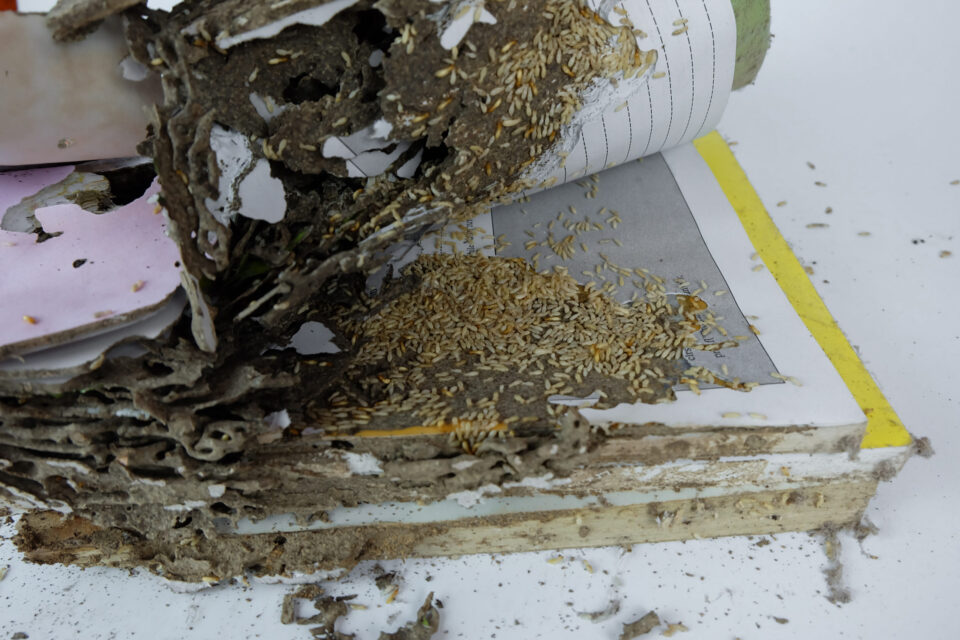Your treasured library, lined on shelves or hidden in boxes, may be sheltering more than just knowledge and stories. Some pests that feed on and make homes in books thrive in an environment of paper materials. These interlopers can inflict costly damage to rare collections, personal keepsakes, and even mundane reading materials. Recognizing which pests prey upon books and what draws them to paper is your first line of defense in safeguarding your literary treasures.
For serious infestations that have moved beyond the books and into other areas of your home, Tumwater Exterminator Services and other professional help can offer targeted solutions to eliminate these paper-loving pests while keeping your collection intact for years to come. In this article, we are going to take a detailed look at how books can be an attraction for pests and how you can eliminate this risk.
Can Pests Be In Books?
Yes, indeed, books can harbor all kinds of pests. During its life, around 5% of book collections suffer some degree of pest infestation (via the Library of Congress). Books offer perfect conditions for some insects and other little pests to flourish.” The paper, binding glue, leather, and cloth covers all provide food and shelter. Silverfish, bookworms (which are actually beetle larvae), cockroaches, and termites are among the major offenders that feast on books.
These insects are especially attracted to age, to volumes or books kept in dark, damp, and stagnant places. In fact, even in the cleanest of surroundings, these tiny intruders can settle in your favorite novels or reference books without their presence being obvious at first sight.
What Attracts Pests To Books?
There are various reasons why pests may be attracted to books. Two of the main reasons include:
Nutritional Content
Books have various ingredients that pests love to eat. The paper contains cellulose, which serves as carbohydrates that some insects can digest because they have specialized gut bacteria. A few paper-eating pests can “digest” cellulose into simple sugars with an 83% efficiency. Moreover, the starch and protein glues used in the making of book bindings are especially appealing to silverfish, cockroaches, and some types of beetles. Antique books with leather bindings provide an additional source of protein that attracts a broader range of pests.
Environmental Factors
The microclimate of books and bookshelves makes for good living conditions for many pests. Books stand between predators and dark, undisturbed places. Books also have relatively stable humidity levels, which is important for moisture-loving pests, such as silverfish. Books kept in environments with a relative humidity of more than 60% are nearly three times more likely to experience pest problems. The tiny temperature cushion that these thick books provide also allows insects to keep from overheating, even when room temperatures vary.
What To Do If You Have A Pest Problem?
If you find pests in your books, first separate those with infestations to avoid spreading. You can freeze small books for 72 hours to kill most bugs or place silica gel packets to absorb moisture. Regularly dusting and checking on your collection is a good way to catch issues early. Professional help is needed for serious infestations.
Pest control specialists have the equipment and experience to identify the type of pests that are destroying your collection and can suggest appropriate treatments that will not harm your books. In the case of valuable or larger collections, the best way to respond is to contact professionals, as they will be able to engage in wide-ranging pest management approaches that can tackle existing infestations as well as avert future problems.
So, while you take precautions from your end, always consult a pest control company and get their advice on how to eliminate the pests overall.

